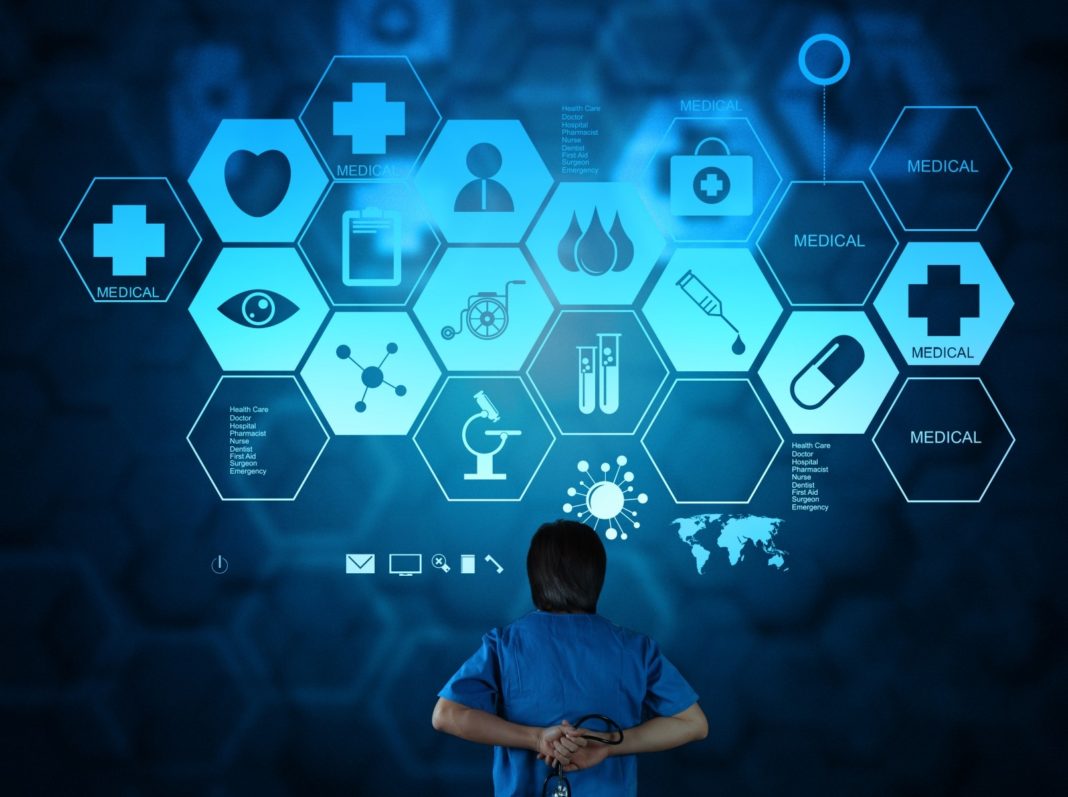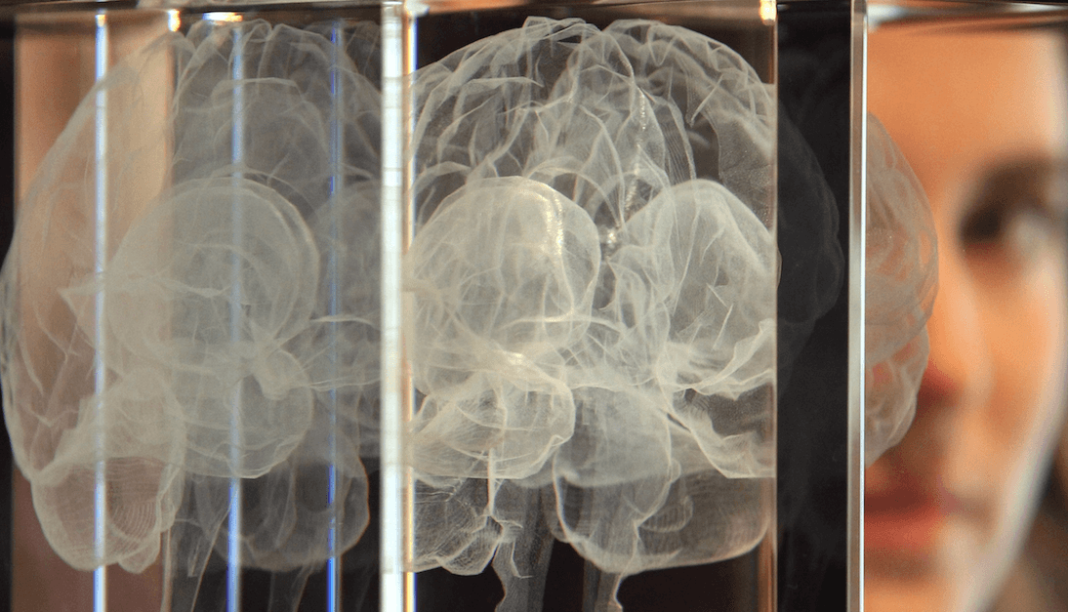As one year ends and another comes into life, it’s a time of both reflection and prediction. People tend to reflect on the past year – what’s gone right and what’s gone wrong, and also predict how things are going to go for the next 12 months. In terms of technological advancements, 2016 bought us quite a few, but according some of the biggest names in science, 2017 will be even better. Keep reading to see what they had to say:
- The Space Race as predicted by Buzz Aldrin: It’s a race that’s been going for as long as man could get to space, and Buzz Aldrin predicts there are many “technical and business innovations coming that we don’t yet appreciate or understand.” He predicts that Jeff Bezos’s Blue Origin will take to the skies this year and Richard Branson’s Virgin Galactic SpaceShipTwo will undergo more vigorous testing in preparation for taking the passengers into space. Elon Musk is also on the list of people likely to succeed in Buzz’s eyes, and predicts that the SpaceX racketeers will be launched from the Kennedy Space Center this year.
Aldrin suspects China will achieve lots in 2017, starting with their Long March 5 and Long March 7 boosters to accelerate the building of their very own space station. They are also looking to break records in bringing back the first lunar sample in 40 years using the Chang’e 5 spacecraft. Lastly, we could see proof of Martian life near Mars with thanks to the European Space Agency’s ExoMars Trace Gas Orbiter. This device will be orbiting Mars trying to sniff out whether Martian microbes are responsible for the methane that’s emitted from the Red Planet.
- Virtual Reality Reset as predicted by Dr. Julie Brefcynsk-Lewis: Assistant professor of physiology and pharmacology in the Blanchette Rockefeller Neurosciences Institute at West Virginia University predicts that virtual reality will play a big part in how scientific procedures will be both carried out and communicated across the board. VR is being used both in wearable devices and to better explore the shape and functioning of molecules and neurons.
- Gee-Whiz Gene Editing as predicted by George Church: Professor of genetics at Harvard Medical School and director of personalgenomes.org, Church predicts that 2017 will bring about many advancements in terms of writing organs, genomes, and ecosystems. New microscopy methods will allow tissue building and transplanting between species. Further progress will also be made towards reversing processes we never thought possible, such as aging and extinction.
- Artificial Intelligence Heads Home as predicted by Kate Darling: A researcher at the MIT Media Lab in Cambridge, Massachusetts, Dr. Darling spends much of her time carrying out extensive research and conducting experiments on human-robot interaction. She predicts that there will be more cloud based AI technologies released in 2017, including voice activated sound systems. At the end of the day, people enjoy interacting with these digital systems, and the more demand there is for something, the more we begin to see of it.
- Dark Matter Answers as predicted by Katherine Freese: Dr. Freese is a professor of physics at the University of Michigan and her work is focused around the subject of dark matter. For Freese, 2017 will see some exciting experiments come to life; all of which will prove whether DAMA has revealed the existence of dark matter.
- Quantum Computing Breakthroughs as predicted by Lawrence Krauss: Dr. Krauss is professor of earth and space exploration and director of the Origins Project at Arizona State University and he predicts breakthroughs in quantum computing, quantum teleportation or encryption will be apparent in 2017. He also predicts that we may have data from the South Pole that would confirm if gravitational waves from the Big Bang are detectable. If so, it would help us better understand our own existence as well as the possible existence of other universes.
- Gene Drives as predicted by Jennifer Kuzma: Dr. Kuzma is professor of social sciences at the School of Public and International Affairs and co-founder and co-director of the Genetic Engineering and Society Center at North Carolina State University and she predicts we’ll see the first instances of gene drives hopefully appear in 2017. Gene-edited products are already being used throughout the healthcare industry, so gene drives are the next logical move.
- Expansion of the Circular Economy as predicted by Janet Hering: Dr. Hering is director of the Swiss Federal Institute of Aquatic Science and Technology in Dubendorf and professor of environmental biogeochemistry at the Swiss Federal Institute of Technology in Zurich and she predicts that 2017 will bring a number of cities adopting a move towards establishing a circular economy. This approach will hold a much better chance of increasing sustainability with the urban communities and considering over half the world currently lives in a city; it’s a necessity more than a want.
- Better Weather Prediction Techniques and Technologies as predicted by Tracey Holloway: Dr. Holloway is professor of atmospheric and oceanic sciences in Nelson Institute of Environmental Studies at the University of Wisconsin in Madison and leader of NASA’s Health and Air Quality Applied Sciences Team. She envisions this year will bring exciting results from the GOES-16 satellite – a joint venture between the National Oceanic and Atmospheric Administration and NASA. This satellite will provide almost continuous weather data to allow better environmental management and weather forecasting.
- An Amazing Eclipse as predicted by Ainissa Ramirez: Dr. Ainissa Ramirez is a materials scientist and author in New Haven, Connecticut. She predicts that on August 21, 2017 we will encounter a total solar eclipse where states from Oregon to Kansas to South Carolina will experience complete darkness. It will only last a matter of minutes, but will be a spectacular event nonetheless.
- Advancement of Self-Driving Vehicles as predicted by Carlo Ratti: Dr. Ratti is a professor at MIT’s Senseable City Lab. He believes that 2017 will be the start of a new era for driving which could reduce the number of cars on the road substantially. Also, driverless cars will us as people, to have more free time to do the things we enjoy, such as reading a book, taking a nap, talking n the phone, or emailing.
More News To Read
- Technology Trends to be Wary of in 2017
- Great New iPhone Accessory Comes in the Form of Dual-Lens Clips
- Need Someone to Answer Your Emails for you? Just Get Google AI to…
- Experts Predict We’ll Be Able to Marry Robots within the Next 40 Years
- Researchers Create a 3D Brain Map to Demonstrate How We Understand Language











